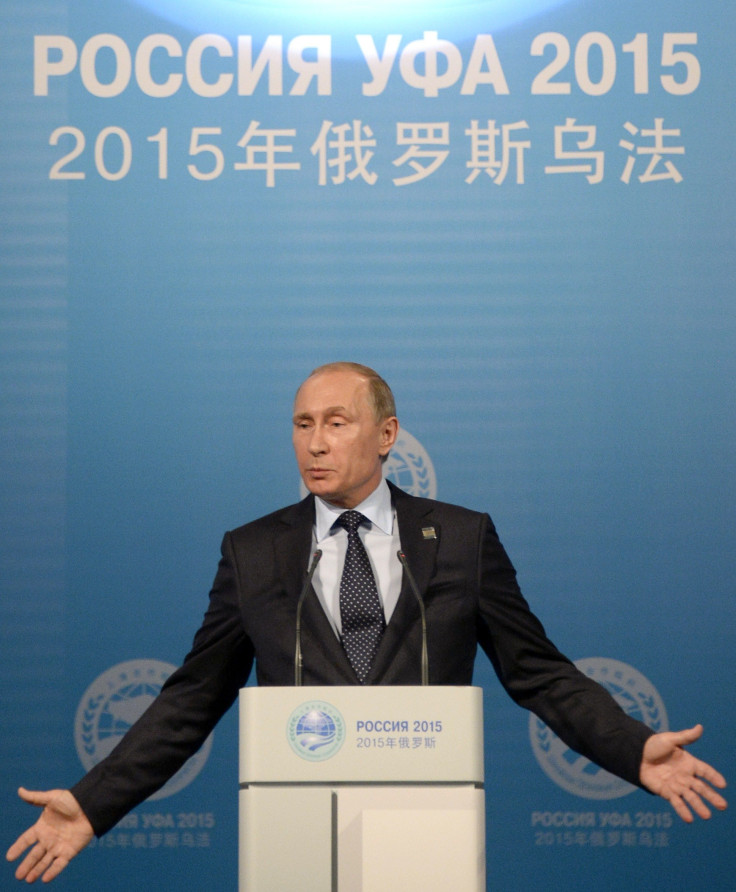Putin Internet Control: 'Minimal' Online Restrictions In Russia Supported By President

Russian Prime Minister Vladimir Putin said he supports only "minimal" Internet restrictions, the Moscow Times reported Wednesday. His comments at a forum for young information technology professionals came in response to criticism of a law set to take effect Sept. 1 that would require online companies to store user data in Russia.
"[T]he way I see it, in order to protect our people, especially young people, from detrimental or even hostile -- which is quite possible -- influences, one should not forbid reading, viewing or listening to something, but we should ourselves promote our position. So that our people could be prepared to receive any kind of information and are able to respond in a harsh, timely, beautiful and talented manner," Putin said Tuesday.
The law follows on the heels of the recently passed "Right To Be Forgotten" law, a piece of legislation that would allow Russians to have certain hyperlinks removed from the search results of their names. Internet activist groups criticized the law, fearing it would allow government officials to remove all negative information about themselves from a searchable query. Putin heightened the burden of proof needed to remove a hyperlink though many Russians still believe the law would serve politicians attempting to hide past misdeeds.
Putin also made news in the Internet freedom world when his Internet propagandist group, dubbed the "Kremlin Trolls," was brought to light in March. The Kremlin Trolls are a group of at least 400 people in St. Petersburg who are paid by the Russian government to flood the Internet with pro-Russian or pro-Putin blog posts, comments and the like. One woman working for the group said she would often write 150 comments and 10 blog posts during a 12-hour shift, the BBC reported.
At the youth summit, Putin promised the audience he would bring up the issue of Internet restriction at his next cabinet meeting, set to take place within the next few days.
© Copyright IBTimes 2025. All rights reserved.






















